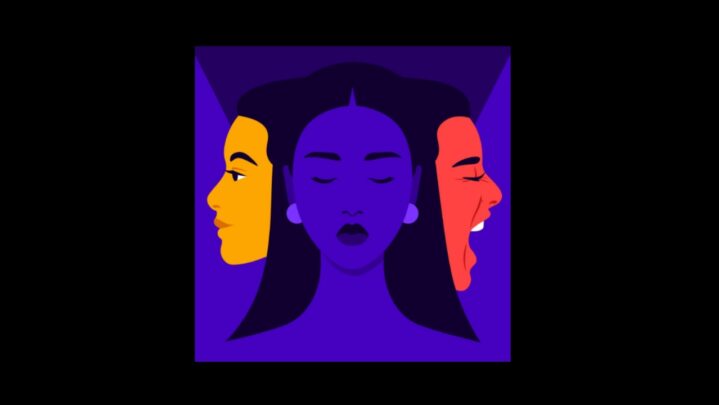Masking emotions can have a powerful impact on physical and emotional health.
Communication Disorders
Hiding emotions interferes with clear communication with people in life. This lack of communication makes it challenging to manage conflicts. If the problem cannot be resolved, the problem may continue to recur. You may end up with anger and indignation, and those emotions may cause the conflict you were trying to avoid. You can also evoke certain emotions and start avoiding people who can lose the relationships you care about. Emotional oppression can become so habitual that it begins unknowingly, so it may begin to lose contact with one’s emotions.
Emotion Accumulation
Pretending not to have a particular emotion may help avoid expressing it publicly, but it never disappears. In fact, suppressing your emotions can actually increase them. A classic example of this is anger. Many people believe that suppressing anger is better than expressing it. But suppressing your anger means you don’t deal with it, so it builds under your soothing mask and keeps boiling. After all, when you can no longer hold it, you may explode, and not necessarily to the person who offended you.
Relationship Tension
You may think you’re pretty good at hiding your feelings, but those who know you usually know it when something is bothering you. I can do it. Claiming “I’m fine” and “nothing wrong” can confuse and frustrate them in the obvious opposite. If they know you are not telling the truth, they may feel hurt by your lack of trust and begin to lose trust in you. If they believe in you, they may lose confidence in their ability to understand you or decide that they do not know you as much as they thought. Eventually, they may begin to question the strength of the relationship. In both scenarios, the relationship you were trying to protect continues to be compromised.
Also Read: How Can Dancing Do Wonders To Your Body?





